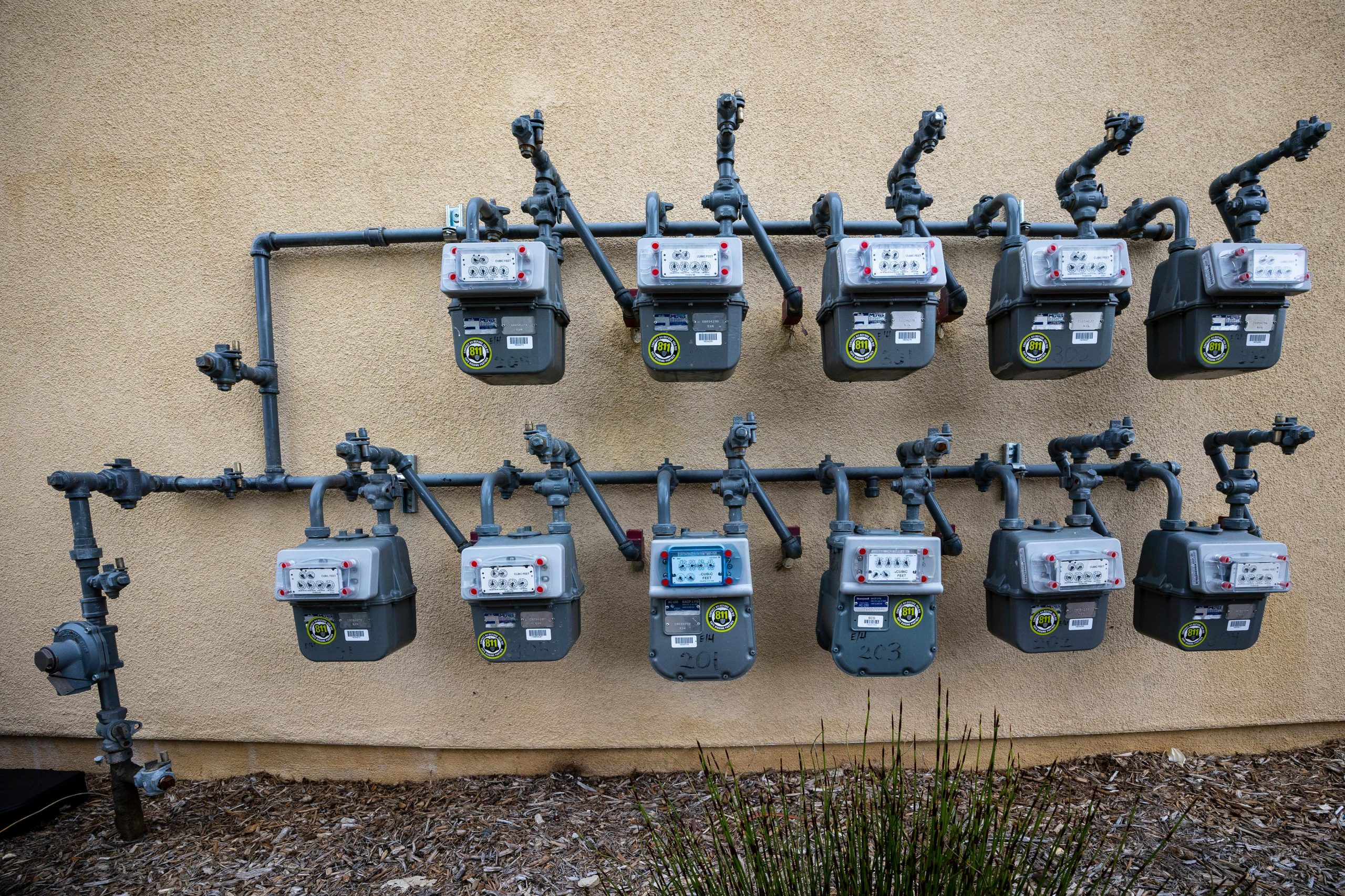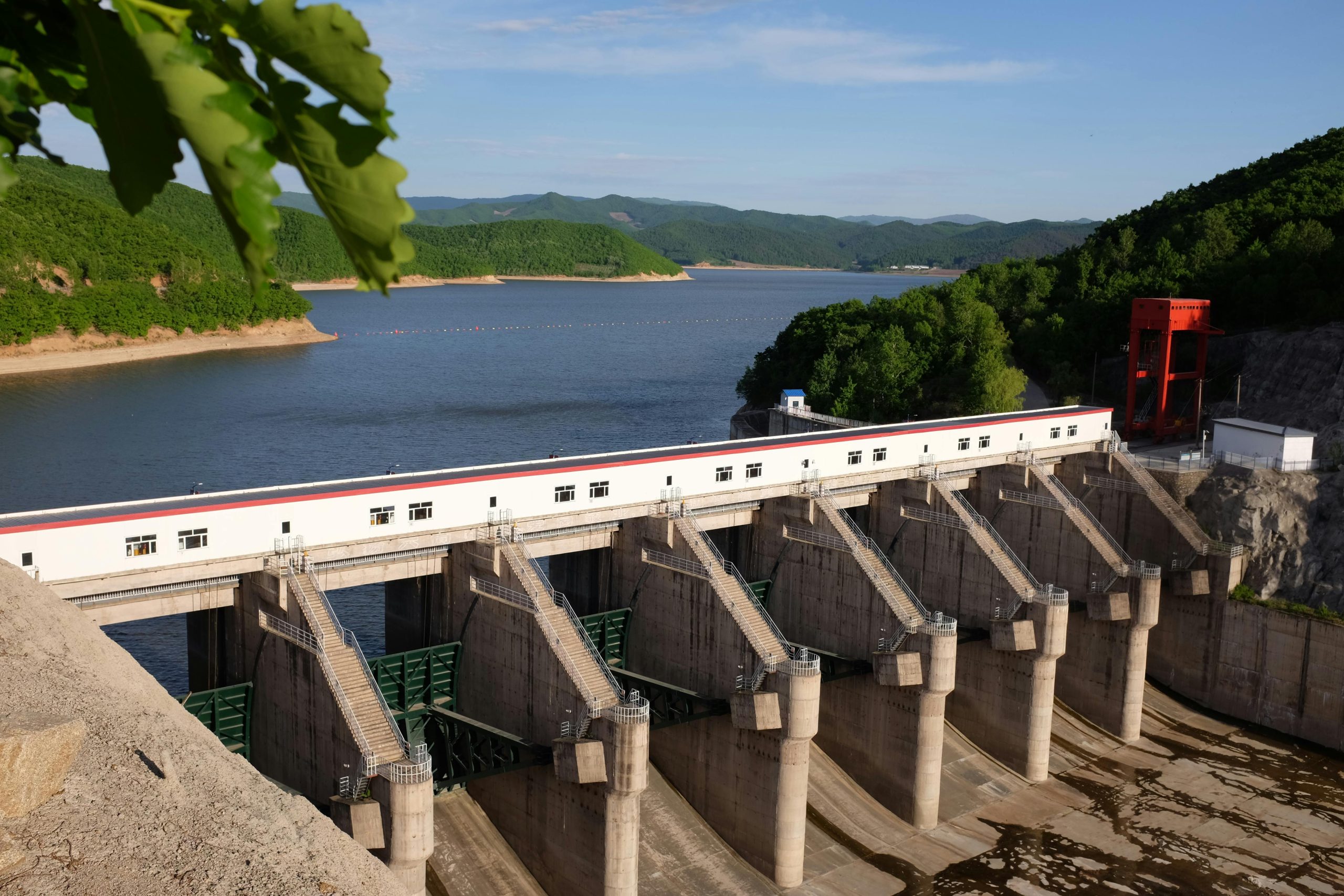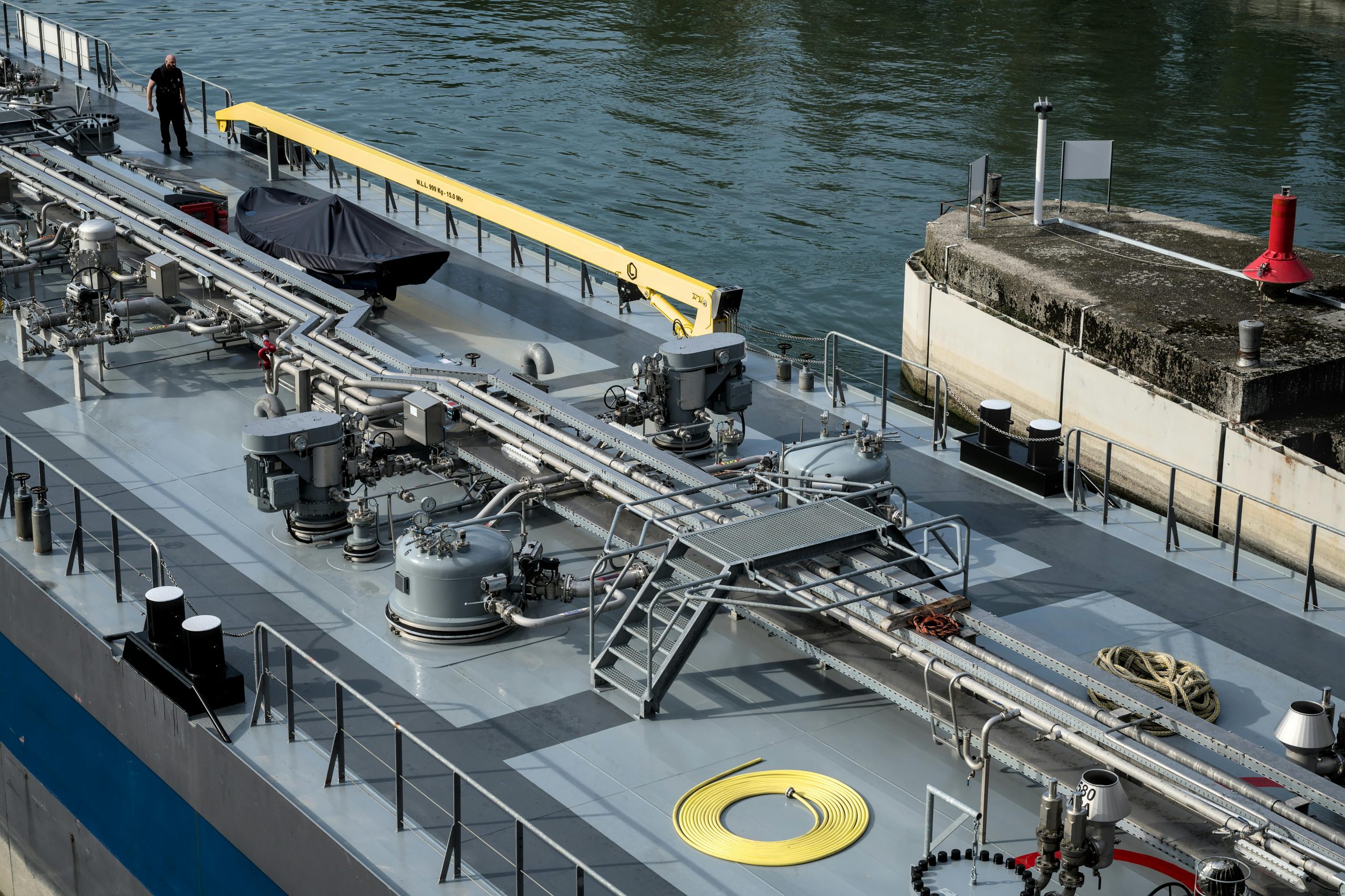Water Utilities Sector
The water utilities sector is essential for maintaining public health and ensuring the sustainable management of water resources. As global populations grow, demand for water continues to increase, putting immense pressure on ageing infrastructure and outdated systems. Additionally, climate change is exacerbating issues like water scarcity, making efficient management more crucial than ever. Digital transformation in water utilities, through the implementation of smart meters, IoT, and AI-driven monitoring systems, is offering solutions to some of these challenges. However, the need for modernisation presents significant operational and financial hurdles.



Global Digital Trends
Digital transformation in the water utilities sector is being driven by the adoption of smart water meters, IoT-enabled infrastructure monitoring, and AI for predictive maintenance. These technologies are helping utilities manage water resources more efficiently, reduce waste, and ensure accurate billing. Sustainability initiatives are also at the forefront, with utilities focusing on improving water conservation through data-driven solutions. As water demand increases globally, these trends are enabling the sector to modernise and adapt to future challenges.
1. Smart Water Meters: Smart meters provide real-time data on water usage, enabling more accurate billing and better resource management.
2. IoT for Infrastructure Monitoring: IoT devices track the performance of water infrastructure, detecting leaks and failures before they escalate.
3. AI for Predictive Maintenance: AI systems analyse data from water networks to predict equipment failure and prevent costly downtime.
4. Sustainability Initiatives: Increasing focus on water conservation and efficient usage is driving the adoption of smart technologies.
5. Cybersecurity: As water systems become more digitised, protecting critical infrastructure from cyber threats is vital.
Challenges & Strategic Solutions
Water utilities face mounting challenges as they strive to modernise their infrastructure and meet growing demand. Ageing infrastructure is one of the most significant issues, leading to water loss and inefficiencies in resource management. The effects of climate change, such as droughts and floods, also complicate the management of water resources. Additionally, ensuring the cybersecurity of increasingly digitised water systems is crucial to safeguarding critical infrastructure and maintaining public health.
1. Ageing Infrastructure and Water Loss
Many water utilities operate with infrastructure that is decades old, leading to frequent leaks and water loss. Addressing these issues is both costly and time-consuming, especially without modern monitoring systems. The lack of real-time data makes it difficult for utilities to respond quickly to leaks or failures.
RDG helps water utilities modernise their infrastructure through IoT-enabled monitoring systems that provide real-time insights into water flow, pressure, and leak detection. Our smart water meters track usage more accurately and provide data that can help prevent water loss. We implement predictive maintenance systems that analyse infrastructure performance and identify weak points before they lead to major failures. By integrating AI-driven analytics, we enable utilities to make proactive decisions about repairs and maintenance. Our solutions also ensure that utilities can prioritise upgrades to their most vulnerable infrastructure, reducing overall costs.
2. Managing Water Resources Amidst Climate Change
Climate change has made water management even more challenging, with increased occurrences of droughts and floods impacting supply. The sector needs to adapt to these new realities while ensuring that resources are used sustainably. Monitoring water usage and reducing waste is essential for long-term sustainability.
RDG provides water utilities with sustainability-focused solutions that enable them to manage resources more efficiently. Our IoT devices track water usage in real-time, providing utilities with the data they need to reduce waste and optimise distribution. We offer smart metering systems that empower consumers to monitor their own usage and encourage conservation. Our AI-powered predictive tools help utilities prepare for climate-related disruptions by forecasting demand and adjusting supply accordingly. Additionally, we offer consulting services to help utilities develop long-term sustainability strategies that align with environmental regulations and goals.
3. Cybersecurity for Water Infrastructure
As water utilities become more digitised, they face increasing vulnerability to cyberattacks. Protecting water supplies from tampering or service disruption is a critical concern. Utilities must secure their infrastructure against both physical and cyber threats while complying with regulations.
RDG offers cybersecurity solutions specifically designed for water utilities, providing comprehensive protection for critical infrastructure. We implement real-time threat detection systems that monitor network activity and detect suspicious behaviour. Our solutions include end-to-end encryption, ensuring that data is protected throughout the water distribution process. We also help utilities establish incident response plans to mitigate damage in the event of a cyberattack. By providing ongoing monitoring and system updates, we ensure that utilities remain protected against evolving cyber threats while maintaining compliance with regulatory standards.
